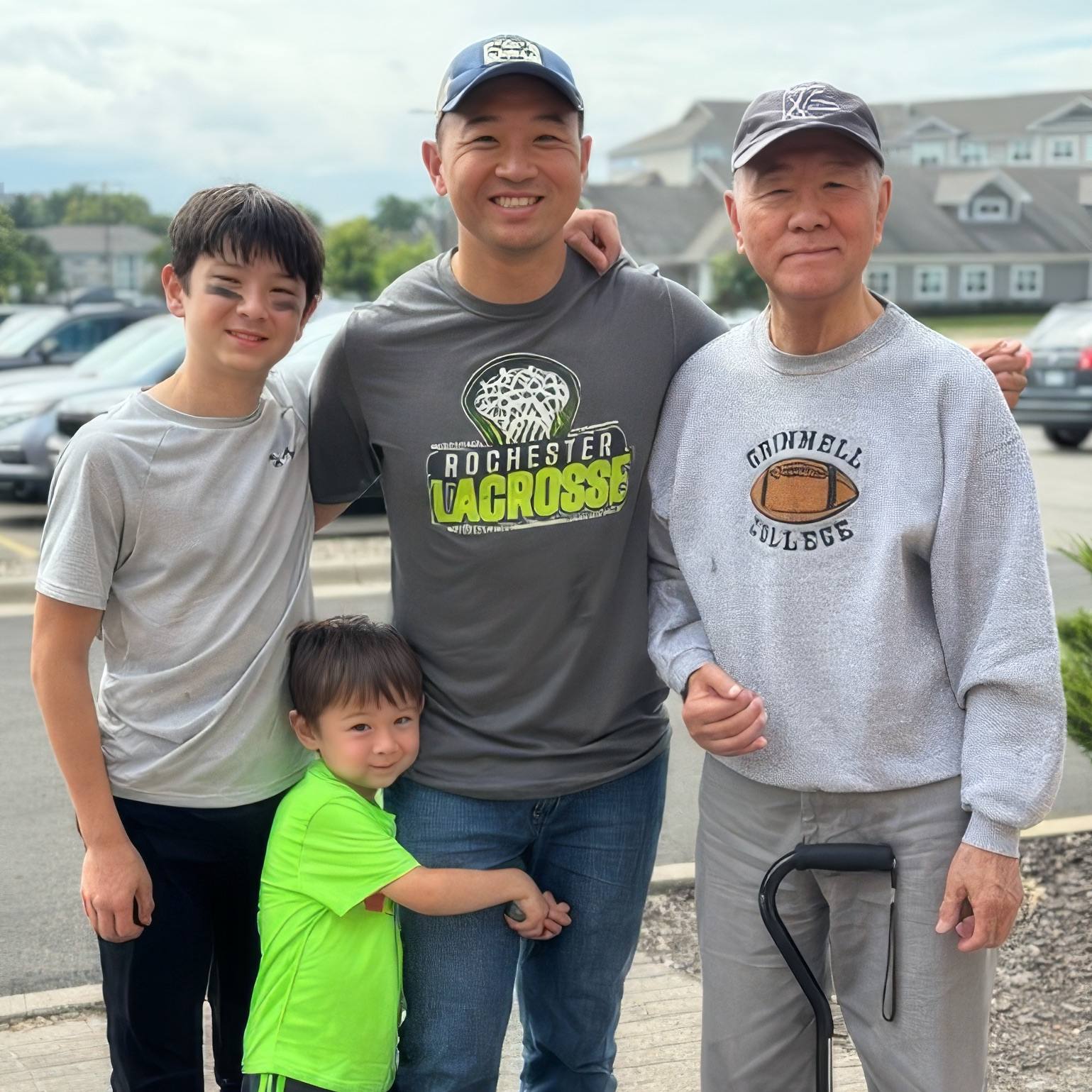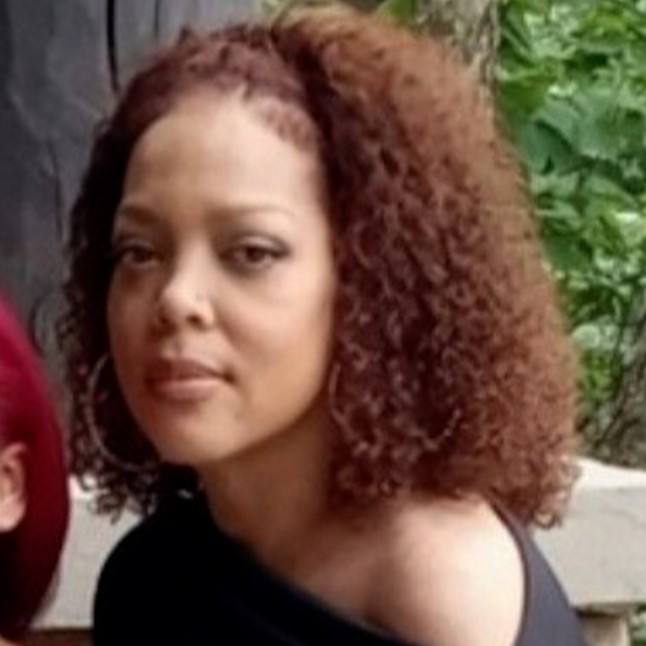
When Jose Ramirez learned his kidneys were failing and he needed a transplant, his sister Kelsey Ramirez-Macias immediately stepped forward to be his donor. With guidance from Mayo Clinic's Hispanic Transplant Program, the Ramirez family navigated the transplant process, and now Jose's health has been restored.
Most people will do anything for family, but not many can say that they were offered a concrete opportunity to save a family member's life. Jose Ramirez's family had that opportunity, and they took it.
A 27-year-old resident of Yuma, Arizona, Jose is a test engineer for the U.S. Army at the Yuma Proving Ground. Although he looked strong and healthy, two years ago, while driving to Los Angeles, Jose began experiencing heavy heart palpitations. "I had a smartwatch that could read my heart rate, and it was reading 150 beats per minute," he says. "I pulled off to the side of the road, relaxed, and then kept driving."
That wasn't the end of it, though. Once Jose returned home, his mother took his blood pressure several times. The numbers were extremely high. Jose assumed it was simply high blood pressure. It wasn't. After a trip to the emergency department, Jose was hospitalized. After several rounds of testing, he was diagnosed with immunoglobulin A nephropathy. Over time, the disease causes inflammation of the kidneys that compromises their ability to filter waste from the blood. Jose was suffering from kidney failure, and as a result, he spent three weeks in a hospital.
Support and guidance
When Jose talked to his family about the kidney failure, his younger sister, 19-year-old Kelsey Ramirez-Macias, told him she would donate a kidney to him — even before knowing whether a kidney transplant was an option.
A transplant wasn't in his immediate future, however. Jose was on dialysis for 1½ years, three times a week, for four-hour sessions. It was during his time on dialysis that he and his family discovered the Mayo Clinic Kidney Transplant Program.
"My mom and dad were the ones more stressed out than any of us, so it was really beneficial for them to go to those courses. It really explained the process to them."
Jose Ramirez
Jose and his family also were introduced to the advantages of Mayo's Hispanic Transplant Program, an outreach program committed to helping close the gap in transplant care and access for patients in the Hispanic population. Education is tailored for Hispanic families, where they learn about the safety of living-donor kidney transplants and seeking a transplant for end-stage kidney disease. Patients and families are encouraged to speak with Spanish-speaking transplant providers about the benefits and options of a kidney transplant.
For Jose, the program was especially helpful for explaining — and assuring his parents about —the benefits of living-donor kidney transplants. "For them, it's two of their kids," Jose says. "My mom and dad were the ones more stressed out than any of us, so it was really beneficial for them to go to those courses. It really explained the process to them."
Healing and gratitude
Throughout the process, Kelsey remained committed to her initial wish to become Jose's kidney donor. "When he qualified to be a transplant recipient, I signed up," she says.
Because she was younger than 21, Kelsey was required to talk with Mayo Clinic social workers to make sure she was mentally and emotionally ready for her kidney donation. After that discussion, as well as several comprehensive examinations and tests, Kelsey got her wish. She was approved to be Jose's donor. "He's my brother," Kelsey said. "I'd do anything for him. If it were reversed, I know he'd be first in line to get tested, as well."
"I never felt like I had to get a thank-you from him. Knowing that he's all good now, that's enough."
Kelsey Ramirez-Macias
When it came time for Jose's and Kelsey's surgeries on Dec. 19, 2018, at Mayo Clinic Hospital in Arizona, Kelsey was the first to be taken to the operating room. It was Jose's turn for surgery later that day. The transplant went smoothly, and now the two siblings are returning to their normal lives. With his health restored, Jose has been able to go back to work.
As for his sister's gift, "You can't just say thank-you," Jose says. "I don't know how to explain it. She went through a surgery that she didn't have to go through."
Kelsey insists that the greatest thanks she could receive is seeing that her brother has recovered. "I never felt like I had to get a thank-you from him," she says. "Knowing that he's all good now, that's enough."
Watch this video to learn more about Jose and Kelsey's transplant story:
HELPFUL LINKS
- Learn more about living-donor kidney transplants.
- Read about the Hispanic Transplant Program at Mayo Clinic.
- Explore the Mayo Clinic Transplant Center.
- Connect with others talking about transplants on Mayo Clinic Connect.
- Request an appointment.
Related Articles







